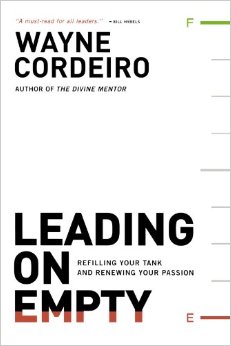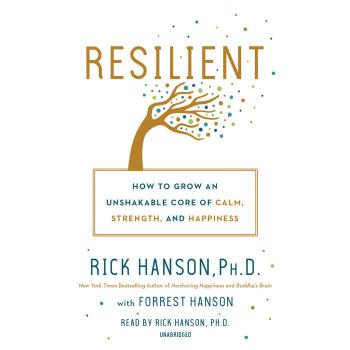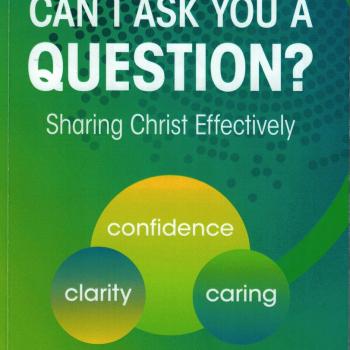Leading on Empty by Wayne Cordeiro
Leading on Empty by Wayne Cordeiro is an excellent book for pastors who have experienced burnout. Using personal experience from his own burnout, Cordeiro shares many truths which can help a pastor mend and get back into ministry.
Cordeiro begins by sharing examples of people who experienced burnout in the Bible. Moses and Elijah are the guides which he uses to explain how burnout can happen. He continues by sharing the stories of Christians in history who have suffered depression. The list includes Mother Teresa, William Cowper, Charles Spurgeon, Abraham Lincoln, Martin Luther King, Jr., and Henri Nouwen (46-50).
After sharing the stories of people who have experienced depression, Cordeiro shares the causes of depression (50-55). These causes include long-term stress, great loss, unresolved problems, financial stress, and pressure to excel. Cordeiro also shares the warning signs of depression. These signs include: sense of hopelessness, frequent tears, difficulty concentrating, decision-making comes hard, irritability, insomnia, lowered activity levels, feeling alone, lack of marital attraction, eating disorders and aches and pains (60-64).
In the next chapter, Cordeiro makes this comparison (71):
“Solitude is a chosen separation for refining your soul. Isolation is what you crave when you neglect the first.”
People need solitude, but they practice isolation. Cordeiro says that solitude (with God) feeds the soul but isolation destroys it. The practice of solitude (which many others know as quiet time or devotions) is essential the health of a Christian.
I personally found this difference and Cordeiro’s explanation about solitude is worth reading the book. His insights into solitude and how a Christian can develop the practice of solitude can literally change how a Christian grows. Cordeiro bases his church discipleship process on the practice he calls personal devotions. He explains this in detail in his book The Divine Mentor.
The “most important five percent” (77) is another gem to be gleaned from this book. Principally, Cordeiro states that a Christian should focus on only the five percent that can only be done by that person. By using himself as an example, he shares the importance of focusing on what is important in life.
Cordeiro encourages the reader to interact with the book. There are worksheets to fill out, and he asks questions designed to make one think and respond. He shares personal lessons he learned which now prevent him from getting burned out (115-143). He spends time encouraging the reader to protect themselves from burnout. He shares practical ways to do this. He talks about getting a coach and an encourager in your life to help guide you in the direction you want or need to go. He strongly encourages the readers to find ways to protect themselves from negativity. He ends the book suggesting ways to live an “intentional life.” He shows how to use times of reflection and seasons of solitude which can be used to help the reader live this intentional life. The book ends with a list of organizations which one can call upon to help organize retreats for these times.
Overall, I found this book to be very helpful. His suggestions are hard to take for people who want to overachieve. You come to a point in your life and you think you can’t do it because you can’t do it all. Cordeiro shares the fact that you are not called to do it all. You are only called to do what God called you to do and do it well. Less is more in his thinking. For anyone who has been through burnout or who is on the verge of one, I would encourage them to pick up this book and read it. It is biblically based and thoroughly practical, and most importantly helpful.













